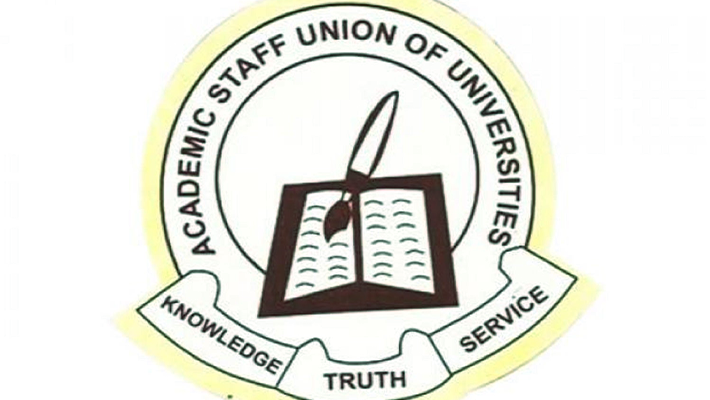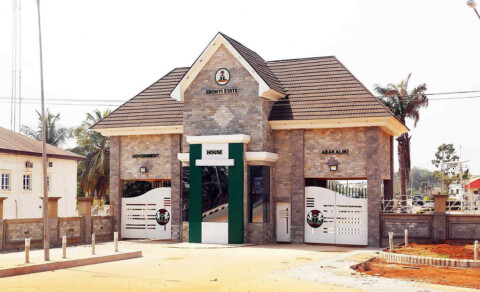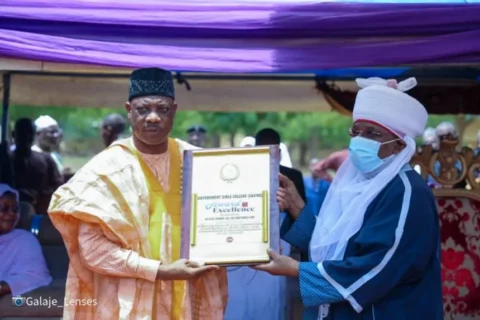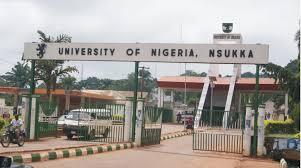The Academic Staff Union of Universities (ASUU) has called on the Federal Government to place education at the core of Nigeria’s national development agenda, warning that the country will continue to wallow in underdevelopment unless urgent reforms are made.
Speaking in an interview, ASUU National President, Professor Chris Piwuna, expressed deep concern over what he described as the persistent neglect of the education sector by successive administrations. He said the government’s failure to give meaningful attention to education remains a major barrier to national growth and transformation.
“Unless governments at all levels stop paying lip service to education and begin to invest genuinely in the sector, Nigeria will remain underdeveloped,” Piwuna said.
He identified inadequate funding as the root of the sector’s challenges and urged the Federal Government to significantly increase its budgetary allocation to education. According to him, education is vital for empowering citizens, instilling values, promoting innovation and creativity, and building strong nations.
Piwuna noted that all of ASUU’s agreements with the Federal Government over the years have consistently emphasised the need for improved funding of the sector. He warned that the neglect of education is already fuelling widespread frustration among Nigeria’s youth, who make up over 60 percent of the population.
“Our youth are dynamic, innovative, and digitally connected, but they are also frustrated, angry, unemployed, and increasingly disillusioned. The depth of their anger is growing, and without meaningful reforms and opportunities, this could lead to more radical or even destructive actions,” he cautioned.
The ASUU president also decried the increasing rate of brain drain, noting that many professionals and young graduates continue to seek greener pastures abroad due to poor working conditions and lack of opportunities at home. He described this trend as a clear indictment of the country’s leadership and a direct consequence of misguided policies and failed reforms.
Despite more than six decades of independence, Piwuna lamented that Nigeria is still grappling with political instability, economic uncertainty, insecurity, social discontent, and a deteriorating education system. He blamed the ongoing crises on the failure of successive governments to recognise and invest in education as the bedrock of national development.
He concluded by calling for a renewed commitment to revitalising the education sector as a critical step towards building a stable, prosperous, and equitable Nigeria.





